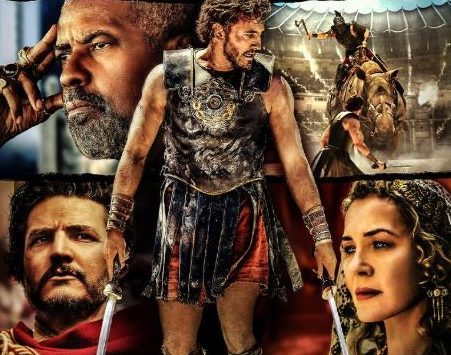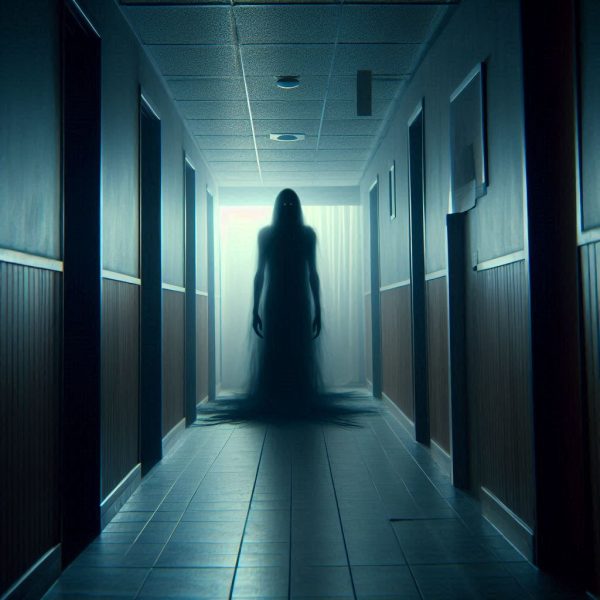The Invincible IP Man Trilogy
If Bruce Lee was the greatest martial artist to live, what does that make the man who trained him? Ip Man, also known as Yip Man, was the grandmaster of Wing-Chun, the school of martial arts which produced Bruce Lee (who became famous in the 1970’s for his films including kung fu movies Fists of Fury and Enter the Dragon). Ip Man was also responsible for defending Chinese culture and defeating several gangs terrorizing Hong Kong.
The 2008 film Ip Man (played by Donnie Yen, who also played the blind guy in Rogue One) which spawned several biographical martial art sequels, was inspired by the grandmaster’s life (with some liberties taken) and was successful enough that it has spawned two sequels, including a fourth which comes out next month.
If you’re a fan of action, martial arts films, this series may well be worth your time, especially with another one on the horizon, so I’ve given you an overview of this series which you can find on Netflix. However, the Ip Man Movies are foreign films and will require English subtitles.
Ip Man (2008)
Set near the beginning of World War II, the Japanese have invaded many parts of China, including Ip Man’s home of Foshan. After the invasion, the Japanese army executes half of the population and turns the city into a police state. The Japanese seize Ip Man’s house and turn it into an outpost in which the main antagonist, the Japanese general, lives.
Even though Ip Man can take on 10 of the strongest black belts, he finds himself struggling to stay positive and can’t shake a feeling of uselessness because of his inability to take on the Japanese army. He’s always been viewed as the man who was supposed to protect the city, but has failed to do so. While he himself is invincible, his family, city, and friends aren’t, which makes him realize that he can’t protect everyone.
In order to overcome his external conflict, he must overcome his internal conflict. Instead of trying to protect everyone, he trains the remaining population in the art of Wing-Chun so they can protect themselves. His emotional conflict is what makes the movie. Even though he’s invincible, he is after all, just one man.
Ip Man 2 (2011)
Remember all that emotional struggle from the first movie? Well, forget all of it.
Ip Man 2 drops almost all of the emotional aspects of the first film and offers up a challenging antagonist in the form of a British boxer by the name of The Twister (played by Darren Shahlevi) who’s belittling, racist, entitled and definitely on steroids. But after killing another martial artist in a boxing match and disrespecting his funeral, Ip Man must stand up to the boxer in an East-versus-West-style boxing match. Watching Ip Man use his Wing-Chun against The Twister’s traditional gloves-on boxing style is one of the highlights of the film.
While the conflict between the two characters is rather emotionless, scenes like this make the movie more fun to watch. The two are equally impressive in their own fighting styles and advantages. Ip Man is faster and far more nimble, but definitely outmatched physically. However, he proves his might through his ethics and sheer skill. It’s easily my favorite fight in the series and definitely worth at least one viewing.
Ip Man 3 (2015)
Donnie Yen reprises his role as Ip Man for a third time in the weakest film of the trilogy. Several years have passed since the events of Ip Man 2, and the man himself is living a relatively peaceful life in Hong Kong. Then a violent gang shows up and kidnaps his youngest son over property rights to the school. Meanwhile, he struggles to make time for his ill wife.
To stop the gang he must face its leader, who is none other than the boxing legend Mike Tyson (playing a nameless villain). While this sounds good on paper, Tyson is barely in the movie and while there is still some sense of peril, it’s mostly muted since the main antagonist is absent for most of the movie.
Another highlight is the other Wing-Chun master, Cheung Tinichi, who challenges Ip and serves as a mirror into our protagonist because of the similarities in their lives, the one difference being their social statuses. While the true antagonist could be the loss of his wife, it’s introduced far later than it should’ve been. I think his wife’s cancer should’ve been introduced as the first issue before the gang shows up in order to insert a surge of urgency in his confrontations with Tyson and his men.
Ip Man 3 has some of the best choreographed fights out of all three movies, and focuses more on martial arts than the second movie. For example, the final skirmish between Tinichi and Ip Man is the most fast-paced fight in the entire series, and one of the only ones with weapons involved.
The setting, choreography, inclusion of western boxing, and emotional dilemma make for a solid entry in the Ip Man franchise, although it is technically a little shallow in comparison with the first two.
Ip Man 4: The Finale (In theaters On Dec. 20)
With his wife gone, Ip Man decides to move to America in hopes to find some semblance of peace. Upon his arrival he discovers that a former student of his, who is none other than Bruce Lee, has upset the racist community by opening a Wing-Chun school. While spoilers and other information regarding Ip Man 4: The Finale are a tightly-guarded secret, I have high hopes for this movie as the early screening audiences have rated it a 4.9 out of 5 stars. Donnie Yen reprises the role as the grandmaster of Wing-Chun one more time to properly conclude this 10-year franchise.




